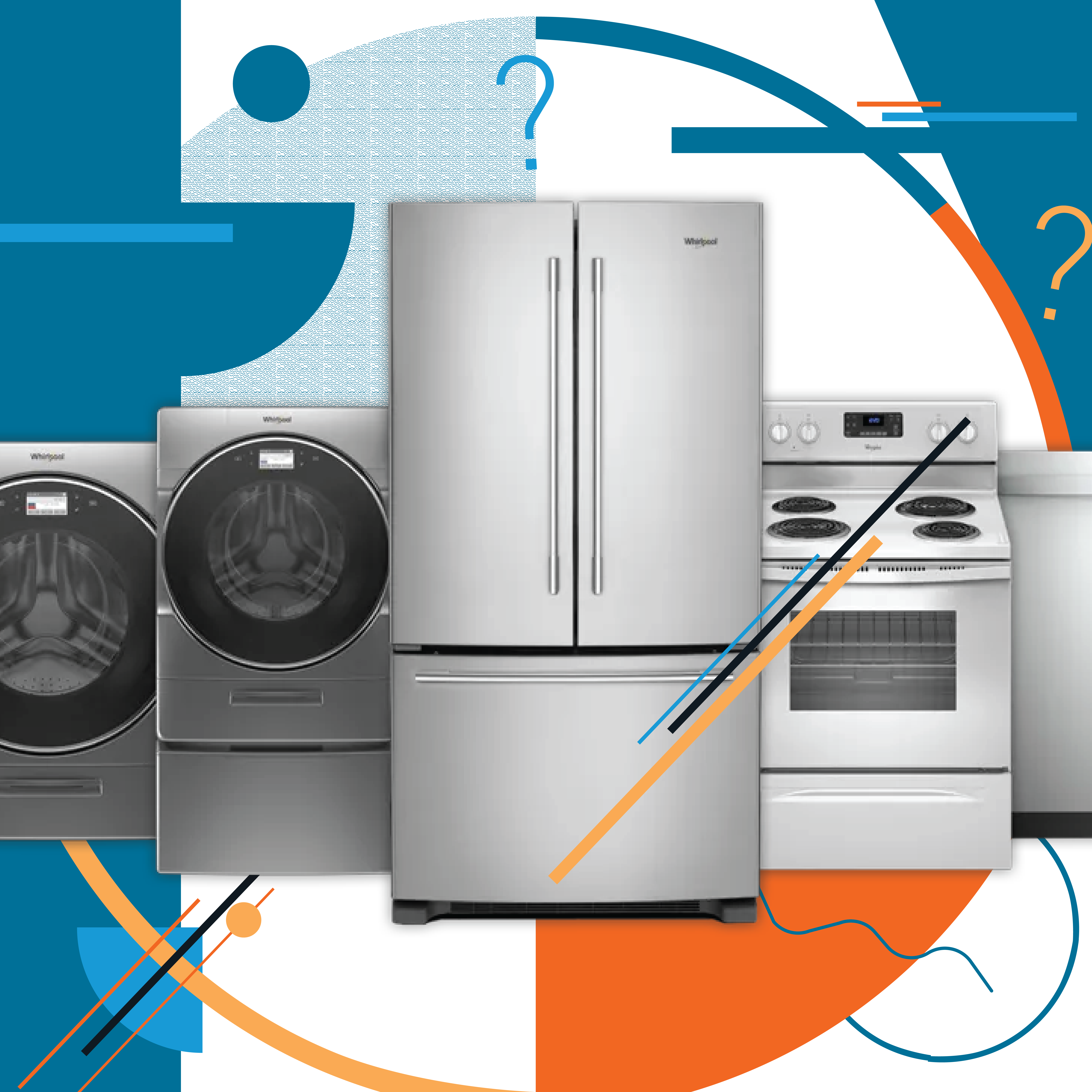
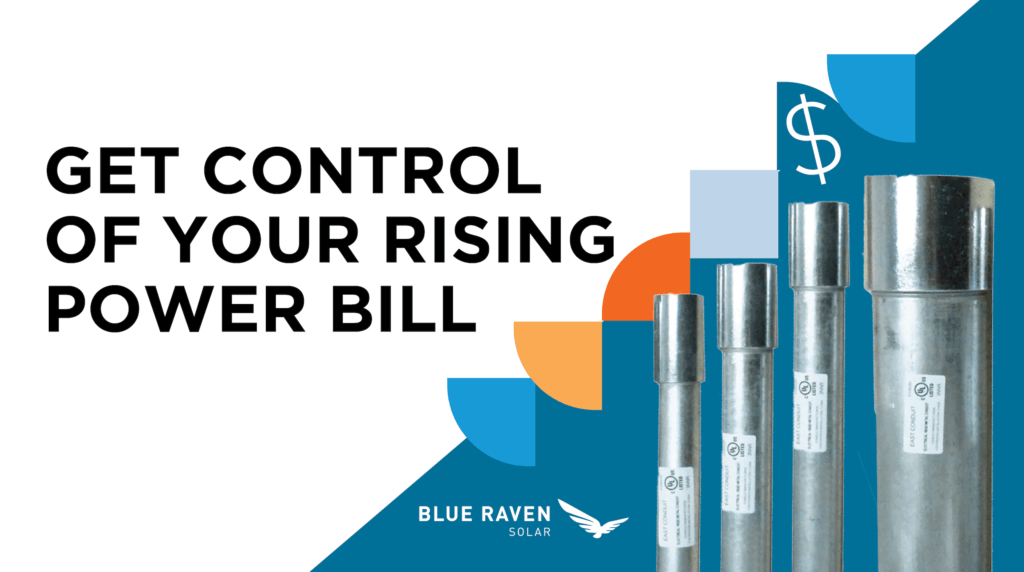
Are you getting more and more frustrated by your rising electricity bills? You are not alone.
The average home in the U.S. pays between $120.00 and $1,500.00 per month, meaning millions of Americans share your frustration. Utility prices across the country have been rising for years and are projected to continue to rise, with bigger cities seeing the highest increases. The rising energy costs can seem to be out of your control, and it may seem like you are doomed to deal with these price hikes.
Here at Blue Raven Solar, we say “no way” to rising energy costs. We have put together a brief list of some basic steps you can take to reduce your bill each month to combat the wallet-emptying energy companies.
Evaluate Large Energy Usage through Conducting an Audit
First, understand which home appliances and electronic devices use the largest amount of your electricity. Your larger appliances like washers and dryers, refrigerators, freezers, and dishwashers use the largest portion of your home’s energy. And the more you use them, the more you drive up your electric bill. Here is something else to consider: depending on the age and energy rating of your appliances and devices, you may want to replace them with new, more efficient models.
To find out the biggest energy guzzlers in your home, you can conduct an energy audit. These can be completed through your power company, or you can do it yourself. Disclaimer: If conducted on your own, it might not be quite as accurate as a professional audit.
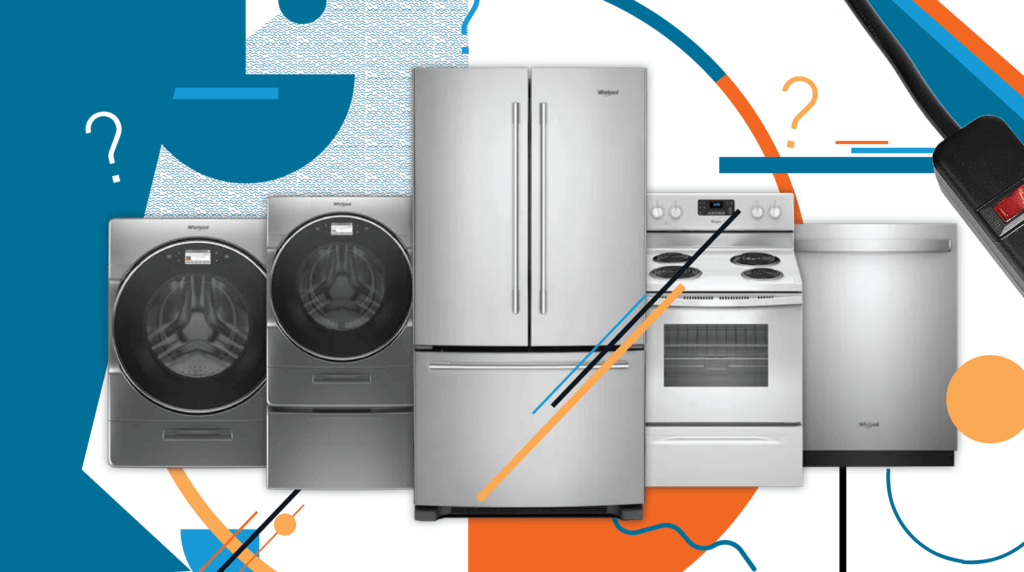
Tame Those High-Usage Items in Your Home
This may surprise you, but once you complete your energy audit, you might find your smaller home electronics are typically right up there with those large appliances when it comes to being energy hogs. They continue to suck up energy even when you think they are “off,” because modern electronics are almost always in a “standby mode” when plugged into a power source. Look around – your DVD player, DVR, microwave, and kitchen appliances all have clocks displaying the time. Well, they need to be connected to power to do so. Even those that do not show the time, like your TV and your phone chargers can use energy while they are not actively being used. This is referred to as “vampire energy” or “phantom energy,” and it can cost you hundreds of dollars per year in extra energy costs.
Light fixtures can also put a big drain on your electricity, too. Outdated HVAC, water heaters, windows, doors – even insulation, all impact your home’s power and can increase your electric bill over time.
Money-Saving Steps You Can Take
Now that you know what is using the most electricity in your home, here are some basic steps you can take to lower your high electricity bill.
.
- Laundry: Schedule your laundry one day per week, and always fill your washer to capacity. Use the tap water setting instead of washing warm—most of your washing machine’s energy usage comes from heating the water, and cold water is generally better for your clothes anyway! Use a drying rack for some of your clothing, but if you must run your dryer, put a dry towel in with your wet clothes and put the dryer on the lowest heat setting. The dry towel helps absorb some of the water, making the drying time shorter.
- Dishwasher: Try to limit running your dishwasher to full loads and avoid hand washing as much as you can. Energy Star rated dishwashers use only 3 gallons of water per load, whereas washing your dishes by hand can use 20+ gallons of hot water, all being heated by your water heater. Use your no-heat drying mode, turn off the heated dry function, and let your dishes air-dry, or towel dry them.
- Upgrades: Upgrade your appliances, especially if they are older than 5-10 years old. When replacing appliances, look for the highest Energy Star rating. The Energy Star program began in 1997 and helps identify appliances that protect our climate through superior energy efficiency. If you own refrigerators, dishwashers, washers, and dryers manufactured before 1997, replacing them will save you a significant amount on your electric bills. Some of them may be more expensive initially, but the payoff is worth it because they will last a lot longer.
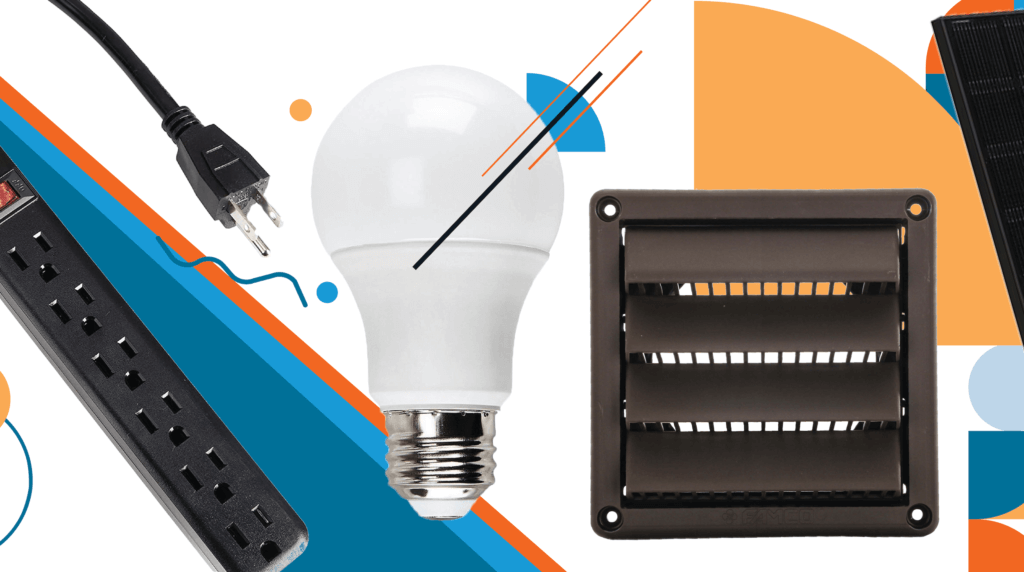
- Power Strips: Connect your devices to budget-friendly power strips to ensure they are “off,” and not continually using power. Smart power trips can detect when a device goes into standby mode and will reduce the power sent to it. This will get rid of phantom energy usage racking up the bill throughout the year!
- Lightbulbs: Your savings can add up by replacing any incandescent lightbulbs with CFL or LED. A 60-watt incandescent light bulb costs around $13 to operate over the course of a year. By replacing that bulb with a 14-watt compact fluorescent light bulb (CFL), the cost drops to about $3 per year, saving you around $10.00 per bulb! And, if you choose a more environmentally friendly 12-watt LED, your operating costs drop to $2.50. Long term, LED lightbulbs are going to be the most efficient. Incandescent bulbs can also cause more heat to accumulate more quickly in your home, which is a negative point during warmer months.
- Maintenance: Perform regular maintenance and change your furnace and air conditioning filters every six weeks to three months. Try to keep dust off your vents, especially if they are larger. If your HVAC system is over 10 years old, you should consider replacing it. Replacements may seem costly, but you will recoup your investment quickly. A newer, Energy Star rated HVAC system is a sure way to go.
- Windows and Doors: While replacing older windows and doors can be a huge investment and may be a long, arduous process, the savings will be noticeably better. Lack of insulation on poorly made or older, rotting windows can cause temperature changes resulting in less heat or air. Alternatively, if you don’t have the budget to completely replace all windows and doors, you can replace weather-stripping, purchase insulating window treatments, and caulk all areas where air escapes. Additionally, consider installing curtains or blinds to help capture the heat and regulate the internal temperature.
Most of these small tasks can be done in less than ten minutes and can save you hundreds of dollars on your utility bills over time.
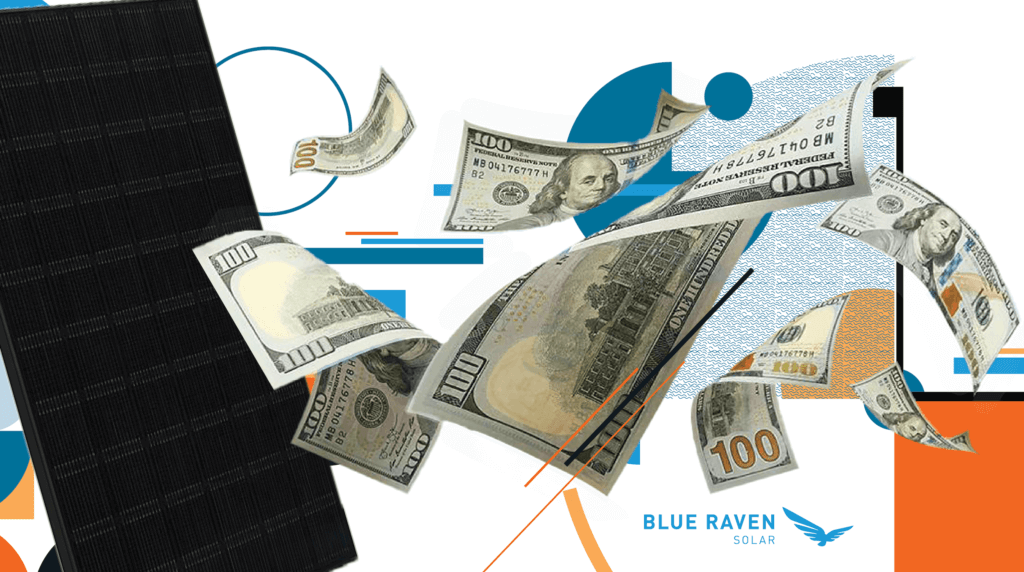
Take Charge with Solar Energy
As you can see, making some small changes to your home can have a major impact on your power costs. But, if you want complete control over your electric bill, going solar is the best choice.
Going solar can give you autonomy over your electricity bills, and if you work with a company like Blue Raven Solar, your array will be designed with the goal of offsetting 100% of your utility bills. We make sure that your solar journey is as seamless as possible, but if you wanted to take the cost down even more, go ahead and implement the things we listed above. We have seen utility bills decrease by upwards of one hundred dollars per month—which is over $1,200 per year!
Solar energy is the most cost-effective way to power your home. Depending on where you live, going solar qualifies you for many significant money-saving incentives, including a federal tax credit of up to 30%. Some states even offer other incentives to homeowners switching to solar energy. Find out the benefits your state rewards its solar owners.
Check out our FAQ page for more information on how you can lower your high electricity bill. Blue Raven Solar is committed to giving each customer a 5-star experience, which includes excellent customer service, highest quality equipment, and expert installers. Contact us to request your own free, customized quote.
Join your neighbors today and kiss those high utility bills goodbye!


Sorry, the comment form is closed at this time.